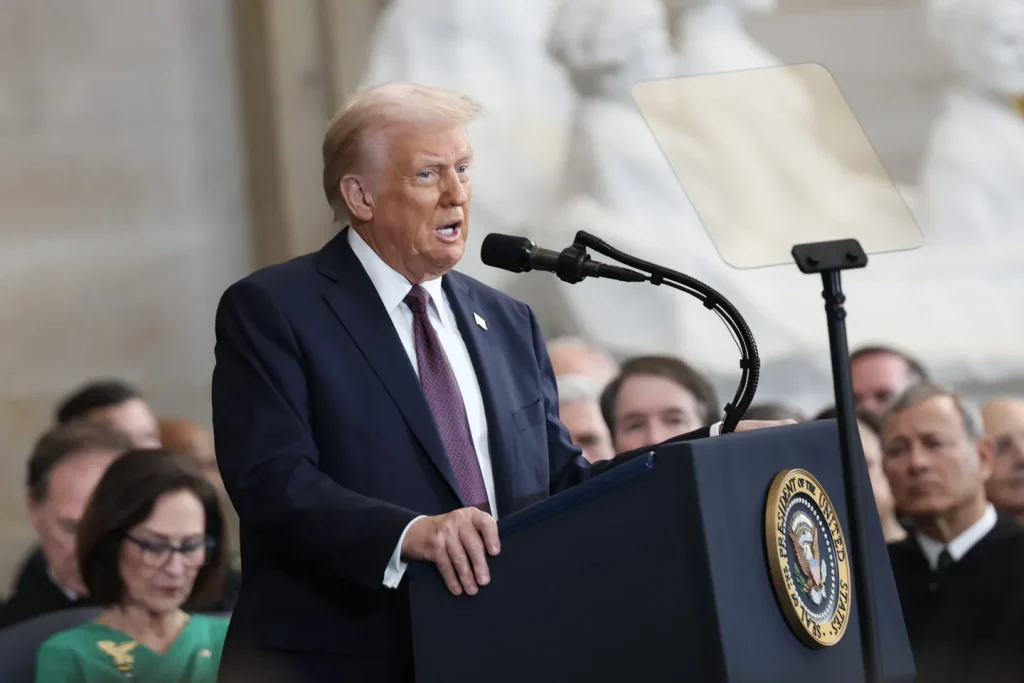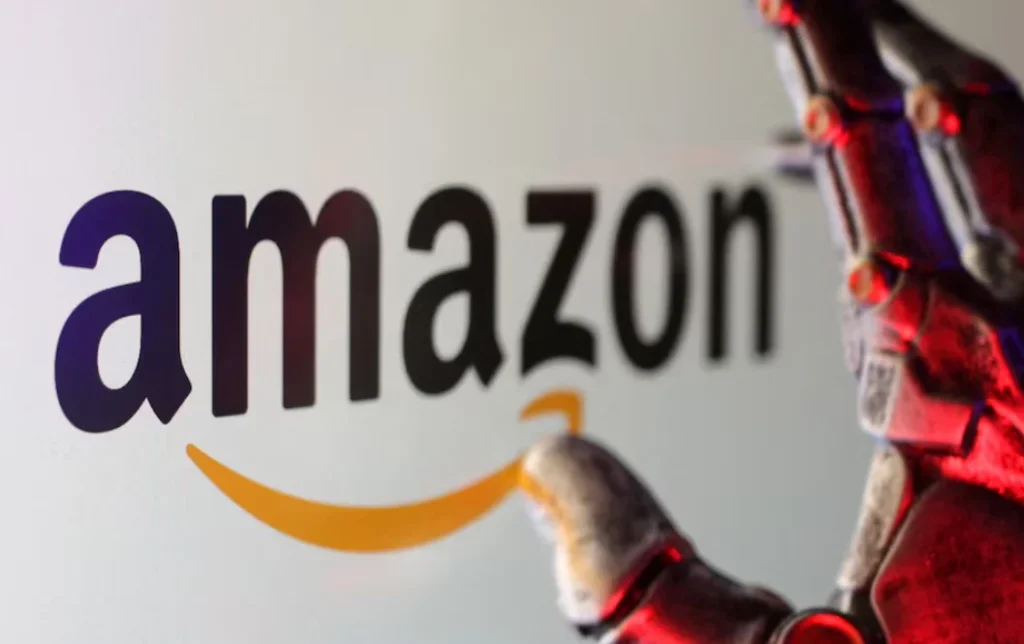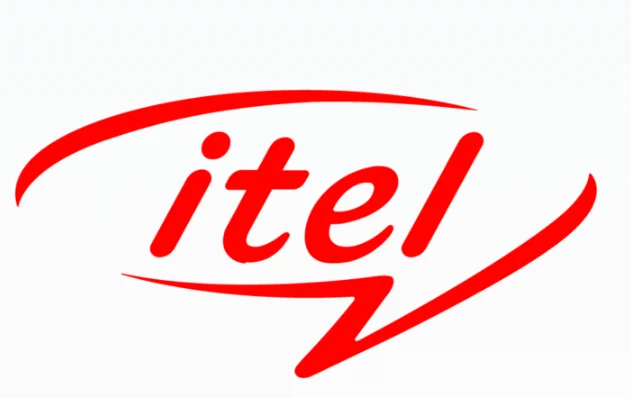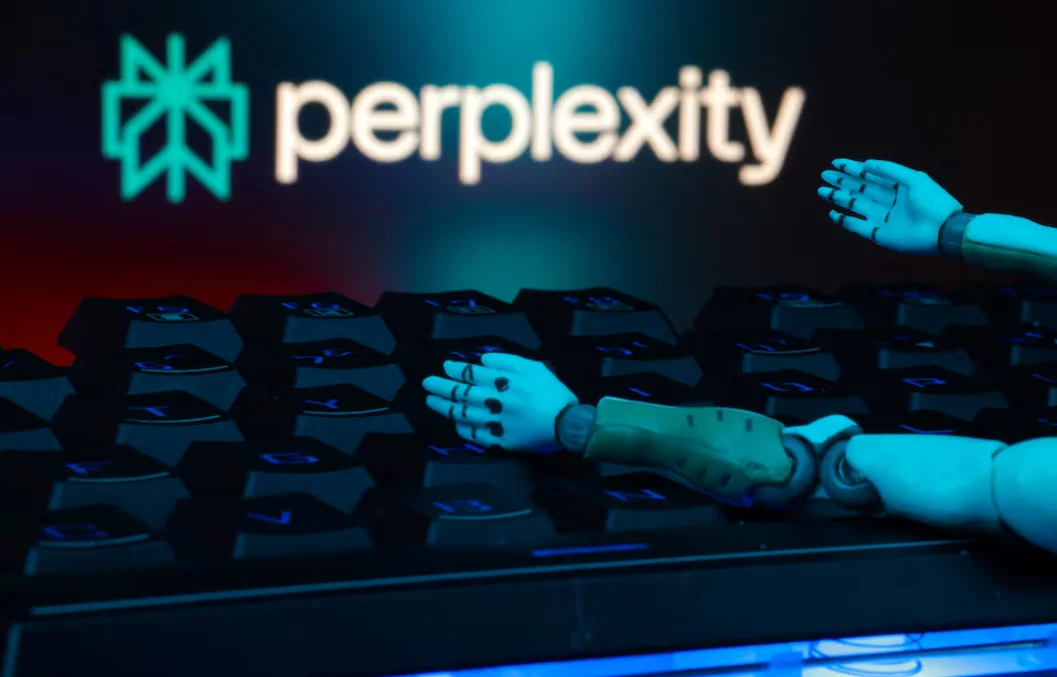In a bold move underscoring his administration’s deepening alignment with the tech and cryptocurrency sectors, U.S. President Donald Trump recently welcomed some of the industry’s most prominent figures to a private dinner at the White House. The exclusive event, dubbed the “Crypto and AI Innovators Dinner,” served as both a political fundraiser and a platform for strategic engagement, drawing significant attention across the financial and tech landscapes.
High-Profile Dinner with a Hefty Price Tag
The gathering, which required each guest to contribute $1.5 million to Trump’s political action committee (PAC), brought together influential investors, entrepreneurs, and developers from the technology and blockchain industries. Venture capitalist David Sacks, known for his early investments in tech giants like PayPal and his involvement in the crypto space, co-chaired the dinner. This initiative reflects Trump’s broader campaign strategy of aligning with key innovators to boost support while shaping future policy directions.
Conversations during the event reportedly focused on the importance of maintaining American leadership in the global digital economy. Key topics included artificial intelligence, decentralized finance (DeFi), and the integration of blockchain technology into national infrastructure.
Strategic Bitcoin Reserve and Pro-Crypto Policies
This dinner follows a string of pro-crypto moves by Trump in recent months. One of the most significant was an executive order establishing a U.S. Strategic Bitcoin Reserve. Under this policy, the administration will hold around 200,000 bitcoins, which were previously seized during various law enforcement operations. Trump officials described the move as a strategic attempt to leverage digital assets to strengthen the nation’s financial resilience and back innovation within the cryptocurrency sector.
The establishment of this reserve has generated enthusiasm among digital asset investors, as it signals a more accommodating and structured federal approach to crypto. Unlike previous administrations that maintained a cautious stance, Trump appears to be doubling down on turning blockchain into a national strategic asset.
Launch of NexusOne to Bridge Public and Private Innovation
As part of the administration’s broader tech engagement strategy, a new Washington-based firm named NexusOne has been launched. Located near the White House, the firm is expected to serve as a critical liaison between federal agencies and private tech companies. According to sources close to the project, NexusOne will advocate for firms working in AI, blockchain, and social media, helping them navigate the evolving policy landscape.
NexusOne’s mission aligns closely with Trump’s vision of accelerating technological adoption across government institutions. The initiative underscores a growing belief that partnerships between government and emerging tech companies are essential to keeping pace with global competitors like China.
Concerns Over Influence and Ethics Emerge
Despite the optimistic outlook among industry leaders, Trump’s close ties to the crypto sector have raised ethical and constitutional concerns. Critics point to arrangements that allow top investors in Trump-associated ventures to gain private access to the former president, arguing that such practices may blur the lines between governance and business interests. Legal experts warn that these interactions could trigger investigations into undue influence or conflicts of interest.
In a recent piece published by Wired, experts questioned the legality of allowing campaign donors such privileged access, especially in areas where federal policy is still in development. Critics fear this could create a pay-to-play environment that undermines public trust.
Driving Innovation or Courting Controversy?
While the Trump campaign’s deeper entrenchment with the crypto and tech elite may boost fundraising and accelerate dialogue around innovation, it also places the administration under a microscope. On one hand, the proactive embrace of technologies like AI and blockchain is positioning the U.S. to stay competitive. On the other, the intertwining of politics, lobbying, and private capital introduces risks that could compromise regulatory neutrality.
Nevertheless, Trump’s direct engagement with leaders shaping the digital future signals a clear intention to make emerging technology a cornerstone of his policy agenda. As the 2024 U.S. presidential election approaches, the intersection of politics and innovation may become a defining theme in shaping the country’s next digital chapter.












